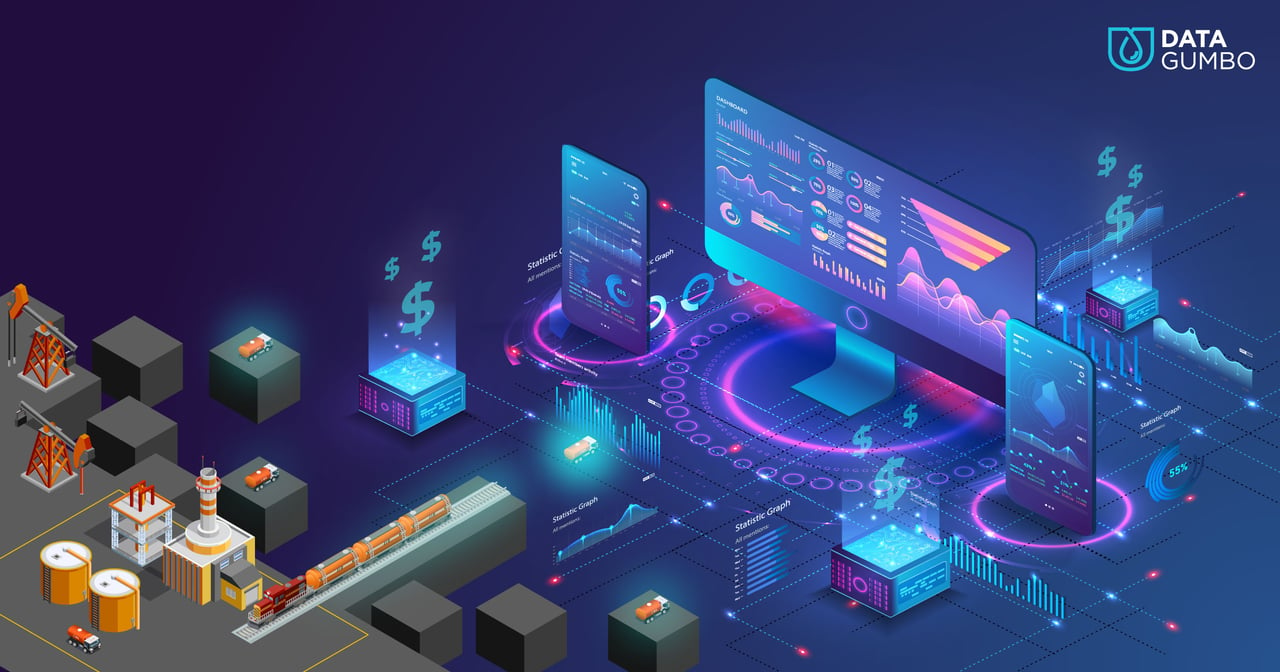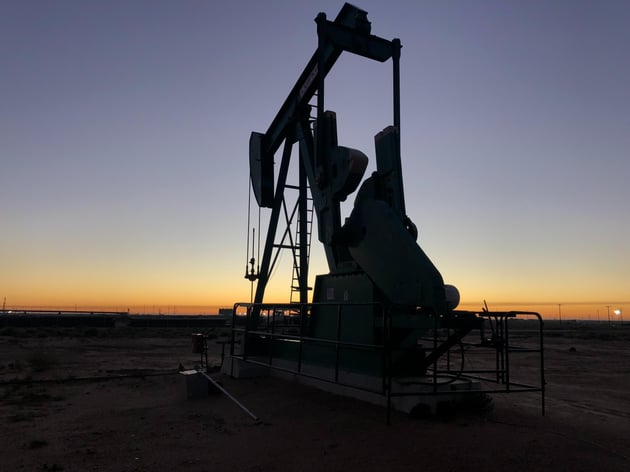Know and Crush OPEX Using Blockchain
More companies today are implementing blockchain technology to apply smart contracts across commodities transport to capture efficiencies and cost savings. By automating payments between the network of intermediaries necessary to move a commodity end-to-end from production, participants can increase access to free cash flow, a must in today’s market climate.
But beyond providing visibility, transparency and accuracy into commodity measurements and movements, the operating field data captured can serve additional purposes. The same volume, ticketing, pricing and payment information companies needed to automate transport can be used as the basis for automation for other cost saving initiatives:- OPEX: Know it and Crush it
The data required to automate smart contracts can grant visibility into daily accruals, enabling insight into spend at all times. This unique opportunity, to know and crush OPEX, can drive the streamlining of current processes, eliminate error-prone manual steps and reduce contract leakage by removing fraud, empowering companies to suss out, hunt and kill unnecessary OPEX.
- Automating Regulatory Reporting
Commercial field data collected for execution of smart contracts can be applied toward automating regulatory reporting practices. For example, the same data required to pay for and confirm transport of crude or natural gas liquids can be used to automate monthly state production reporting requirements. Diesel delivery and consumption information used in integrated services contracts can be used to report CO2 emissions, and to claim credits for improvements. Trucking costs and demurrage data can demonstrate a reduction in vehicles on the road which results in lowered emissions and fewer accidents through a more efficient trucking system.
- Reducing Litigation Time and Expense
Operators, midstream companies and royalty owners are often involved in numerous annual lawsuits, many of which cite incorrect billing, data discrepancies, netbacks or payout disputes. With smart contracts, companies use immutable data stored on the blocks along with auditable records as proof to automate payments. This process gives companies a leg up in accessing accurate and transparent data that is available for sharing with landowners, royalty owners and joint interest partners.
For example, the production, flow and tank level data necessary to verify trucking and piping charges can be shared with royalty owners and joint interest partners to alleviate uncertainty and ensure accurate payments, therefore mitigating litigation risks.
As smart contracts automate more services — not just transport but production chemicals and well servicing — partners and royalty owners can be granted access to observe costs attributed to their assets in near real time, greatly reducing improper billing lawsuits. Smart contracts are also a boon to buyers and sellers when acreage changes hands. With production and cost data captured on the blockchain, asset transaction processes like due diligence, transference of ownership and asset health can be greatly simplified.
Compelling Alone, Value Adding Elsewhere
Although the case for automating commodities transportation payments with smart contracts is compelling on its own, the data collected as the basis for payment has multiple other value-adding use cases.
Our blockchain-based network, GumboNet™, brings companies, customers, suppliers and vendors together to transact through a trusted network. To learn more, or discuss a possible use case, please reach out to us today.


